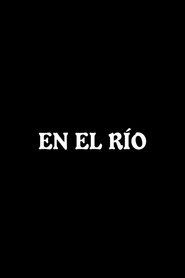detail profile jos c3 a9 luis borau
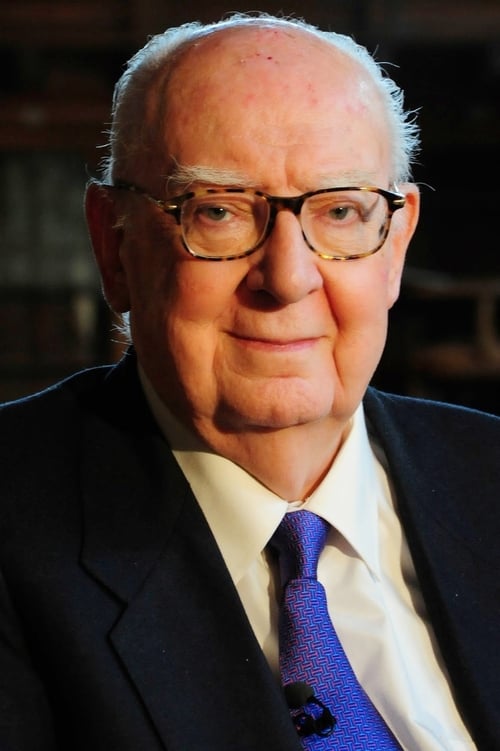
Riwayat Hidup
Spanish film director and producer, born in Zaragoza.
He studied law in his hometown and debuted as a film critic in the newspaper El Heraldo de Aragón.
In Madrid, he joined the Instituto de Investigaciones y Experiencias Cinematográficas.
He exerted great influence on the medium from his teaching at the Escuela Oficial de Cinematografía.
In 1967 he founded the production company El Imán, Cine y Televisión, with which he has financed his own projects and those of other filmmakers.
Of his personal work, two films stand out: Furtivos (1975), Golden Shell at the San Sebastian Festival and a great success for its opposition to the limits of censorship at the beginning of the Spanish Transition, and Leo (2000), which won the Goya for best director.
However, both his initial commissions, such as the spaghetti western Brandy (1964) and the crime film Crimen de doble filo (1965), and the controversial later films Tata mía (1986) and Niño Nadie (1996), have had little repercussion.
Between 1994 and 1998 he was president of the Academia de las Artes y las Ciencias Cinematográficas de España (Spanish Academy of Motion Picture Arts and Sciences).
In 2001 he was elected full member of the Real Academia de Bellas Artes de San Fernando and in 2002 he was awarded the Premio Nacional de Cinematografía.
Info Pribadi
Peran Yang Di Mainkan José Luis Borau
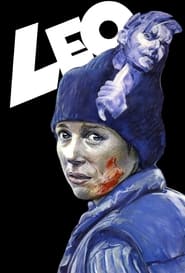 Salva working as security guard in...
Salva working as security guard in...Leo 2000
Salva working as security guard in an industrial estate on the outskirts of Madrid. There he meets Leo, a girl who makes a living collecting cardboard. Gradually Salva be falling in love for the young, but the life of Leo holds a dark past.
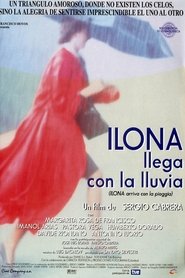 Maqroll Ilona and Abdul all share...
Maqroll Ilona and Abdul all share...Ilona Arrives with the Rain 1996
Maqroll, Ilona, and Abdul all share a common dream: to sail the world in a tramp-steamer. But who could afford such a thing? Over the years they have become separated. Alone in Panama City, smuggler Maqroll is finding neither great success nor happiness — until the tropical rains come, bringing Ilona: friend, lover, and partner in crime. Abdul, in Morocco, has found a steamer to suit them. In Panama, Ilona and Maqroll begin a new scheme, in search of impossible wealth. But fate has further twists in store.
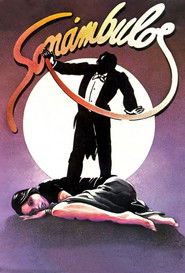 Ana works side by side with...
Ana works side by side with...Somnambulists 1978
Ana works side by side with her mother Maria Rosa in the fight to save the anti-Franco militants from the death penalty during the process of Burgos. Ana's mother is a former actress and Ana, her mother and a few other actors prepare an act of protest in the theater where an international festival on Strinberg is being held. But there are more things in Ana's life. The mother lives with her uncle, the brother of his father, Norman, an old doctor of devious methods. Helped by Fatima, an old nurse who loves her father, the doctor will try to experiment with Ana's ideas and feelings as well
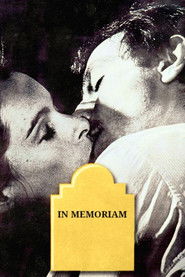 In an anguished triangle of silences...
In an anguished triangle of silences...In Memoriam 1977
In an anguished triangle of silences and unspoken words, a man secretly loves a woman who loves another man.
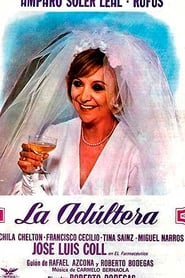 With more than thirty years Malena...
With more than thirty years Malena...La adúltera 1975
With more than thirty years, Malena Fonseca is a spinster and provincial woman who, after coincidentally meeting a Frenchman named Lucien, also a thirty-something bachelor like her, decides to marry him. However, after that, and having moved to Madrid in the company of her unbearable and possessive mother-in-law, Malena will gradually discover that her husband is a very rational man whose zero interest in sex despairs her, making the woman feel attracted to the pharmacist in the corner and the hunky bread delivery man.
 A band of young musicians will...
A band of young musicians will...Un, dos, tres, al escondite inglés 1970
A band of young musicians will do the impossible to boycott a song they didn't like at all, and that's supposed to represent Spain in a famous musical contest. An unusual film by the odd Zulueta in which, after the success of Spanish singer Massiel in Eurovision contest, this kind of contests are parodied with an insane story shot without a script and with the performance of several top music bands of that time.
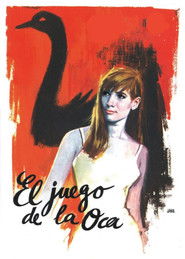 Jose Antonio Amor costars with Sonia...
Jose Antonio Amor costars with Sonia...Snakes and Ladders 1965
Jose Antonio Amor co-stars with Sonia Bruno and Maria Blanco in this comedy drama about a married man with three children. When his family leaves on vacation, the man has an affair with a pretty office worker. The relationship between the two develops slowly before they end up in bed together. Speeded up shots are used effectively to illustrate the thoughts of the characters. Technical aspects and performances are fine and overshadow some uneven editing.
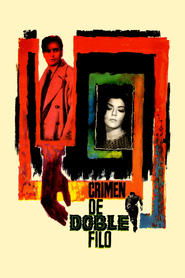 Andrs an unsuccessful young pianist witnesses...
Andrs an unsuccessful young pianist witnesses...Double Edged Crime 1965
Andrés, an unsuccessful young pianist, witnesses a murder; but keeps silent for fear that the man he has seen next to the corpse will retaliate against him.
 A widow reminisces on her life...
A widow reminisces on her life...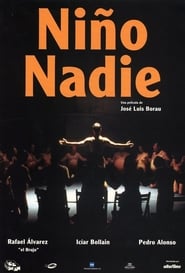 Unbenownst to a middleaged teacher of...
Unbenownst to a middleaged teacher of...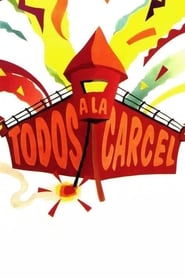 A prison in Valencia hosts an...
A prison in Valencia hosts an...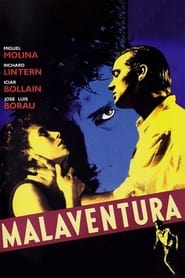 An intrigue based on a failed...
An intrigue based on a failed...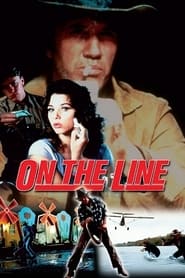 A Border Patrol agent is determined...
A Border Patrol agent is determined...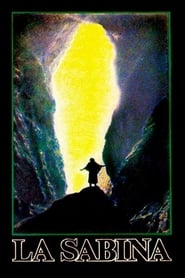 English scholar visits a small Spanish...
English scholar visits a small Spanish...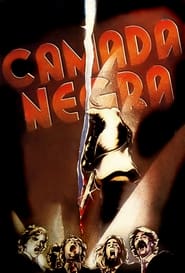 Tatin is a young man of...
Tatin is a young man of... Juanito a peaceful fan of bullfighting...
Juanito a peaceful fan of bullfighting...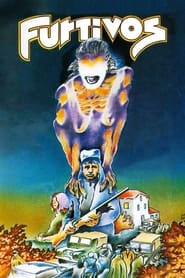 Angel is a poacher who lives...
Angel is a poacher who lives...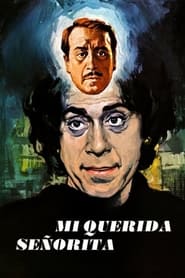 A woman living in a small...
A woman living in a small...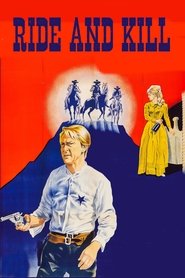 A small town in Arizona is...
A small town in Arizona is...